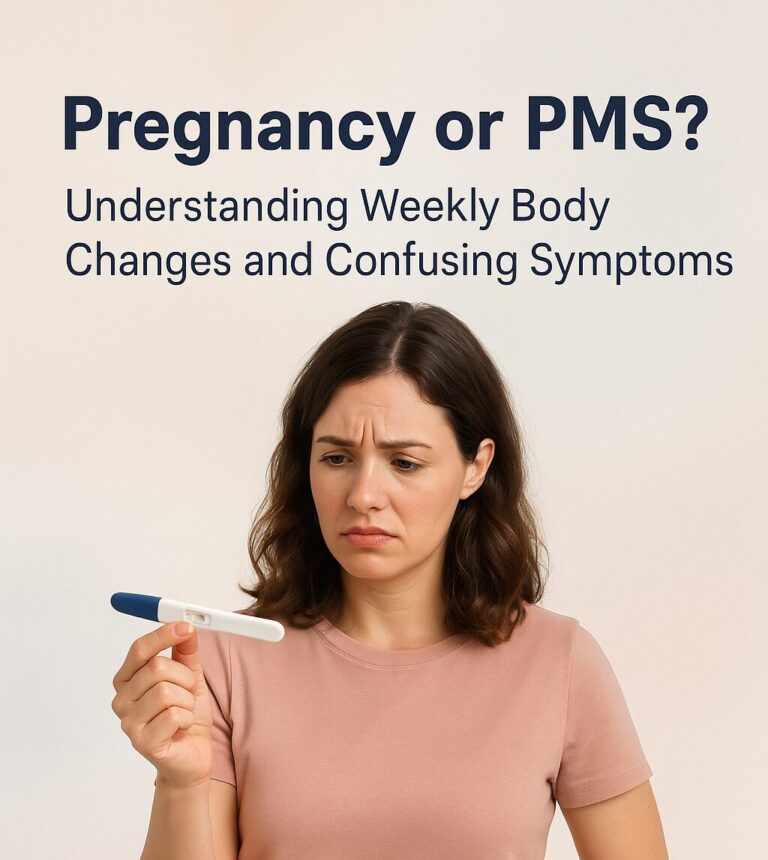Nearly 70–80% of pregnant women experience morning sickness during the first trimester, often characterized by nausea, vomiting, and heightened sensitivity to smells. Despite the name, it can strike at any time of day—and it’s not just a mild inconvenience. For many, it can interfere with daily life, work, sleep, and even mental health.
But here’s the good news: you can manage it. While there’s no universal cure, there are proven methods to ease the symptoms—and they don’t all involve medications.
In this guide, we’ll explore effective remedies grounded in both traditional wisdom and medical insight, helping you regain some comfort during this beautiful but challenging phase.

Understanding Morning Sickness: Why Does It Happen?
Morning sickness is primarily driven by the rapid hormonal changes occurring in early pregnancy. A surge in human chorionic gonadotropin (hCG), often peaking between weeks 8 and 11, is the main culprit. Other contributing factors include:
- Estrogen spikes: Affect the digestive tract and nausea reflexes.
- Increased sensitivity to smells: Possibly a protective mechanism.
- Slower gastric emptying: Hormonal changes relax the digestive tract muscles.
- Stress and fatigue: Exacerbate symptoms.
While mild to moderate symptoms are common, severe morning sickness (hyperemesis gravidarum) may require medical attention.
1. Ginger – Nature’s Remedy
Why it works:
Ginger is widely recognized for its anti-nausea properties. It acts on the gastrointestinal system and may influence serotonin receptors in the gut.
How to use:
- Ginger tea: Steep fresh slices in hot water.
- Ginger capsules: Look for 250–500 mg capsules (consult your doctor first).
- Ginger candies or lozenges: A convenient on-the-go option.
- Ginger ale (non-caffeinated & natural): Sip slowly.
Real Story:
Ritika, a 29-year-old from Bengaluru, swore by a ritual of warm ginger-lemon tea every morning. “It was like pressing a reset button. My nausea wasn’t gone, but it was manageable,” she shared.
2. Small, Frequent Meals: The No-Empty-Stomach Rule
When your stomach is empty, the acid can make nausea worse. Eating small meals every 2–3 hours keeps blood sugar stable and prevents that hollow queasiness.
Tips:
- Avoid high-fat and spicy foods.
- Keep a banana, cracker, or toast by your bedside.
- Eat something mild before getting out of bed.
3. Vitamin B6 Supplements
Vitamin B6 (pyridoxine) has been clinically shown to reduce nausea in pregnancy. In some cases, doctors recommend 10–25 mg three times daily.
Note: Always consult your doctor before starting supplements.
4. Stay Hydrated – But Smartly
Dehydration worsens nausea and can lead to complications. But chugging large amounts at once can backfire. Instead:
- Sip water throughout the day.
- Add lemon, cucumber, or mint for flavor.
- Try ice chips or electrolyte drinks.
Pro Tip: Some women find carbonated water helps settle the stomach.
5. Acupressure Bands
These wristbands apply pressure to the Neiguan (P6) point on your wrist, a technique from traditional Chinese medicine.
- Available at most pharmacies.
- Safe and drug-free.
- Especially useful for women avoiding medications.
6. Rest and Reduce Stress
Fatigue and stress amplify nausea. Prioritize rest—even a 20-minute nap can make a difference. Deep breathing, meditation apps, or gentle yoga can help soothe the body.
Explore Postpartum Stress Relief methods that start working even during pregnancy.
7. Avoid Triggers
Every woman has unique triggers. Keep a journal of:
- Foods that worsen symptoms
- Strong odors
- Heat or lighting conditions
- Certain times of the day
Avoiding known triggers is as powerful as treating the symptoms.
8. When to See a Doctor
If you’re vomiting multiple times a day, unable to keep food or fluids down, losing weight, or feeling dizzy—seek help. You may have hyperemesis gravidarum, which can require IV fluids and more intensive care.
Final Thoughts
Morning sickness can be incredibly draining—physically and emotionally. But knowing that it’s temporary, and that many safe, effective remedies are available, is empowering. Every pregnancy is different, so it may take some time to find what works for you. Be patient with your body and gentle with yourself.
And most importantly—don’t hesitate to talk to your doctor. Relief is not only possible, it’s your right as a mother-to-be.








